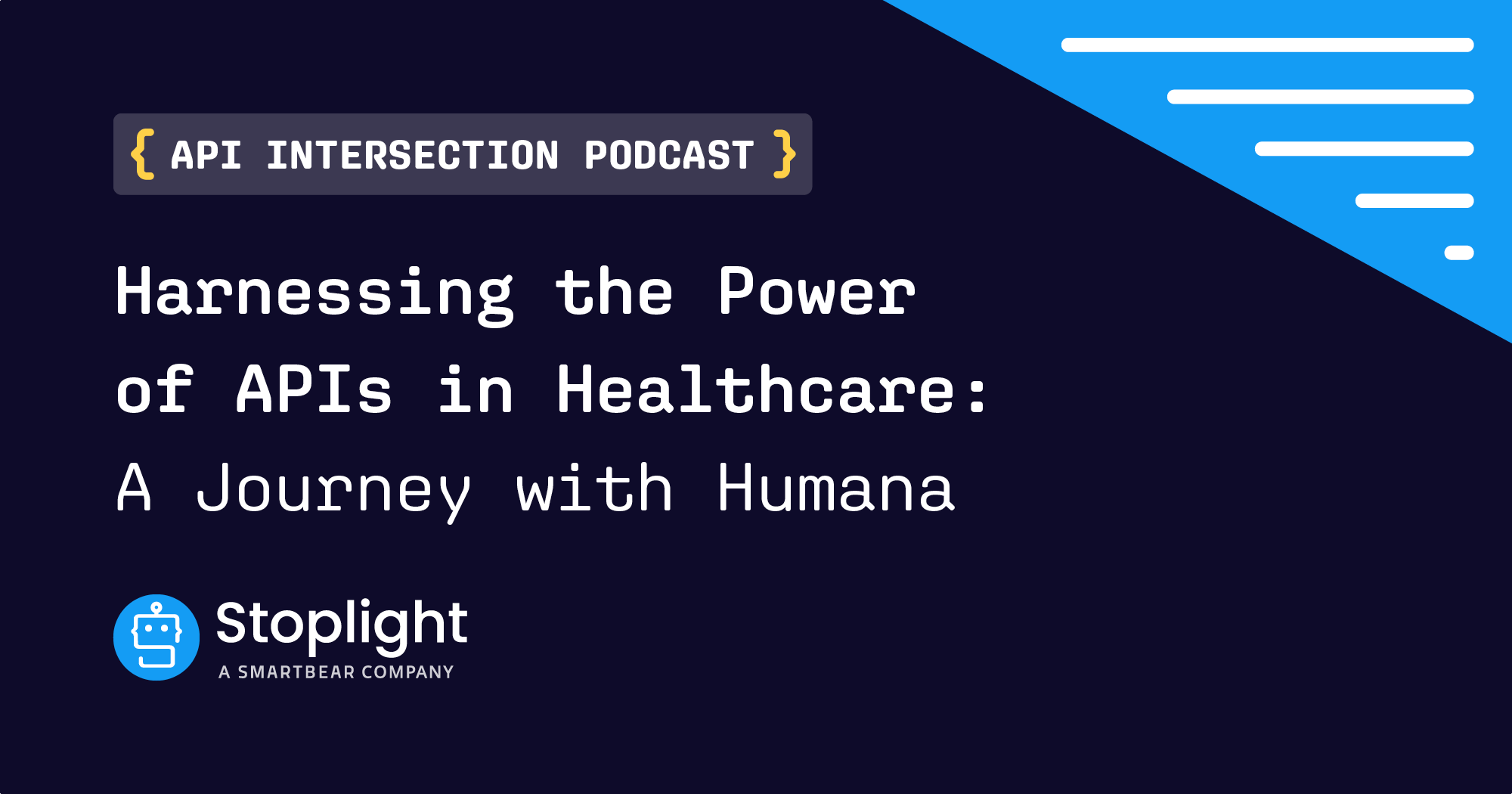“I run a series called 365, and I deliberately called it that because I think sometimes we’ll be talking about democratization or inclusion, and we only talk about it on certain days of the year. There’s International Women’s Day as one example of that, but I think we need to focus on these issues every single day of the year.”
— Sally Eaves, CTO, Advisor, and speaker
In a slightly different format for our API Intersection podcast, we had the opportunity to welcome Sally Eaves, a vibrant emergent Technology CTO and Global Strategy Advisor living at her own intersection of technology, education, and impact. Eaves brings a background as a technology leader and is now an advisor to various technology companies on everything from APIs, IoT, and 5G, to AI and blockchain. Her focus is on showing technology leaders how to integrate new technologies not just for the business benefit but also for the social impact benefit.
Eaves focuses on the technology that’s changing the world and how it’s changing the world for the better (a term she calls ‘Tech for Good’). Eaves joined us for a conversation about the impact of APIs specifically and the necessity to create APIs with inclusive design.
The Era of the API Economy
“40% of large organizations today have 250 or more APIs. I see APIs very much as that hub we need to make technology opportunities and development opportunities available for more and more people, in more and more roles,” shares Eaves.
Eaves emphasizes how we’re entering the Era of the API Economy, with the last few years of innovation being heavily catalyzed through APIs. Whether it’s talking about uncomplicating legacy systems, catalyzing new services for brands, or creating new revenue streams, APIs today are always at the forefront. In a guest blog, she recently wrote for Stoplight, Eaves dives further into the idea that APIs are on the brink of changing the world.
“With APIs, we can empower people in both technical roles, but also non-technical stakeholders as well. API technology gives people the capacity to be curious, to create, and to collaborate,” shares Eaves.
The Importance of a Diverse Team and Inclusive API Strategy
While there is no doubt that the API industry is growing like crazy, Eaves aims to drive home the importance of doing your API strategy correctly; designing APIs with a diverse team, and creating with inclusion at the forefront of your API strategy.
“I speak at many tech conferences, and the DEI conversations are at the heart of most keynote speeches. They’re not on the periphery anymore. They are center stage, as they should be,” shares Eaves. “For me, the next level of this is moving beyond diversity and inclusion conversations and focusing more on the next step: belonging.”
Eaves explained that creating a team and an API strategy of belonging means creating your organization to be reflective of the community you serve. She shares that ensuring you have an organization and design backed by belonging is no longer just ‘the right thing to do.’ It’s now a huge driver of sustainable competitive advantage, not just for hiring quality talent in tech but also for encouraging people to use your technology and stick with it.
“I think people are making critical decisions now about which organizations they want to buy from, advocate for, work for, or develop with. There’s a change there. Shared values and purpose are right up there alongside there with the actual technology that you’re delivering and the service you’re providing,” shares Eaves.
Creating a Developer Team and API Strategy for Belonging
Eaves expresses how often developers and creators of new technologies like APIs don’t always have a diversity of experience that reflects the ultimate audience of people who will be consuming that technology. This is a gap that we’ve already touched on in previous podcast conversations. It usually leads down the road of creating APIs with a design-first approach, which means you’re designing both for the developer experience and the end-user experience.
“We’ve certainly got diversity gaps, and they are huge. I think we have to do a lot of work around that in terms of inclusive development and design, making sure we’ve got the right teams in place to really optimize that design process. I’m a huge proponent of design-first thinking to combat this,” shares Eaves.
The most successful DevOps teams Eaves has encountered have the breadth and depth of diverse people involved in the API design process, including various non-technical roles involved in the API strategy. They lead with a design-first approach (which is music to our ears here at Stoplight), and there’s a certain level of inclusion and belonging built into that well-intentioned design.
STEAM-Based Education and a Design-First Approach
But how do you seek out developers who might have that design-first solid background and the other skills necessary to make an inclusive developer?
Eaves likes to focus on STEAM-based education to improve the tech pipeline, meaning science, technology, engineering, math… and art. And that’s where design-first thinking plays a critical role in that education.
“You have the broader toolbox of skills to work with, from emotional intelligence to creativity and a design-oriented brain alongside the deeper STEM tech skills. And one isn’t more valuable than another. They go together, and APIs sit right in that sweet spot of needing all of those skills,” shares Eaves.
It’s not all about those technical skills, but the “A” in STEAM skills that help you unleash your creativity and apply other skills such as collaboration, ideation, and brainstorming to API development. Those types of skills are exactly what contributes to creating a more diverse-thinking team that’s designing with all possible people in mind.
It was refreshing to have a guest join us from her own ‘intersection’ of technology and impact. There’s no doubt APIs are changing the world, and it’s essential that we do it right by building out diverse teams with a design-first approach. I appreciate the conversation, Sally! As always, for more insights and tips from industry experts, visit our API Intersection podcast.

